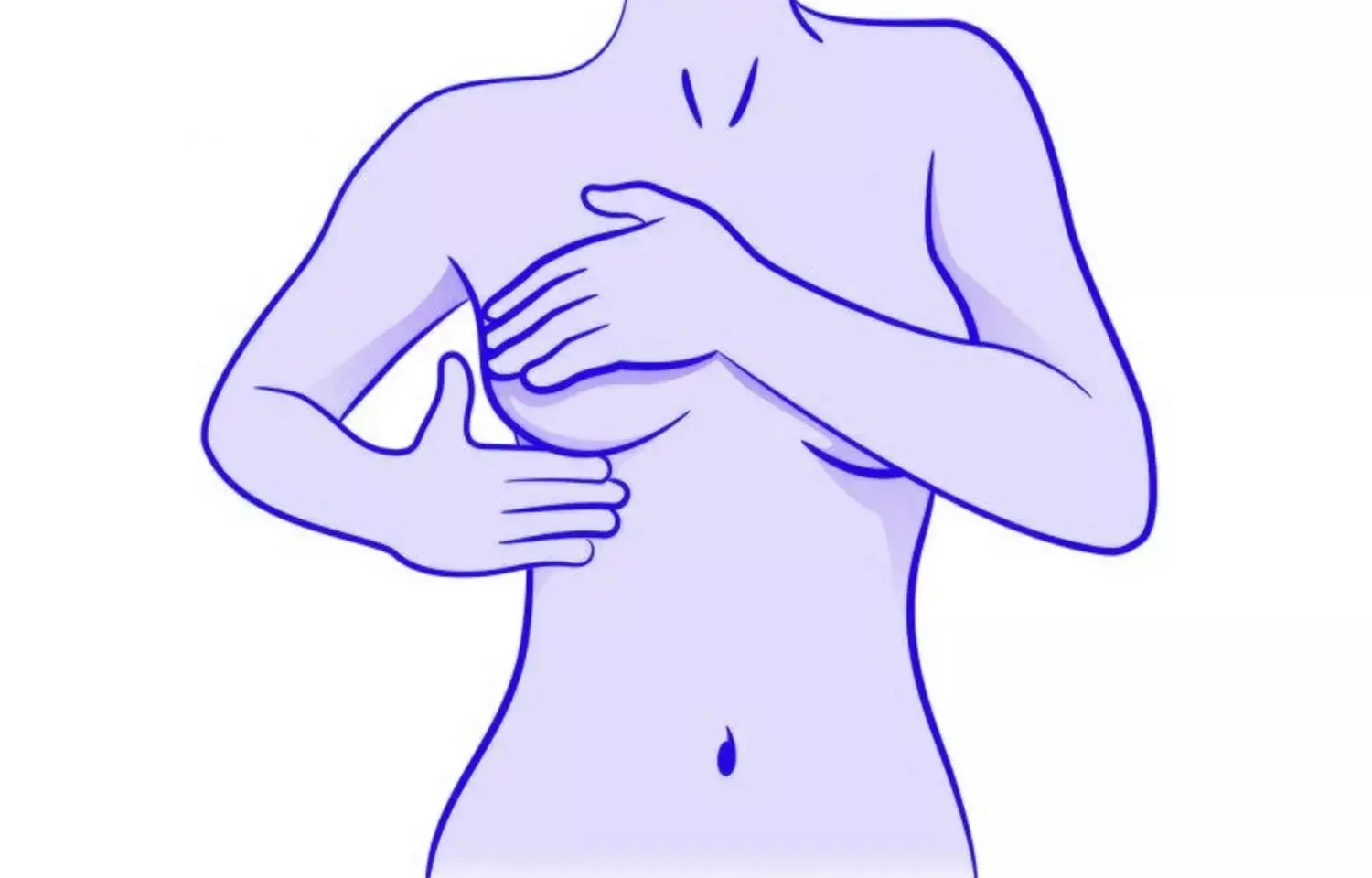- Home
- Medical news & Guidelines
- Anesthesiology
- Cardiology and CTVS
- Critical Care
- Dentistry
- Dermatology
- Diabetes and Endocrinology
- ENT
- Gastroenterology
- Medicine
- Nephrology
- Neurology
- Obstretics-Gynaecology
- Oncology
- Ophthalmology
- Orthopaedics
- Pediatrics-Neonatology
- Psychiatry
- Pulmonology
- Radiology
- Surgery
- Urology
- Laboratory Medicine
- Diet
- Nursing
- Paramedical
- Physiotherapy
- Health news
- Fact Check
- Bone Health Fact Check
- Brain Health Fact Check
- Cancer Related Fact Check
- Child Care Fact Check
- Dental and oral health fact check
- Diabetes and metabolic health fact check
- Diet and Nutrition Fact Check
- Eye and ENT Care Fact Check
- Fitness fact check
- Gut health fact check
- Heart health fact check
- Kidney health fact check
- Medical education fact check
- Men's health fact check
- Respiratory fact check
- Skin and hair care fact check
- Vaccine and Immunization fact check
- Women's health fact check
- AYUSH
- State News
- Andaman and Nicobar Islands
- Andhra Pradesh
- Arunachal Pradesh
- Assam
- Bihar
- Chandigarh
- Chattisgarh
- Dadra and Nagar Haveli
- Daman and Diu
- Delhi
- Goa
- Gujarat
- Haryana
- Himachal Pradesh
- Jammu & Kashmir
- Jharkhand
- Karnataka
- Kerala
- Ladakh
- Lakshadweep
- Madhya Pradesh
- Maharashtra
- Manipur
- Meghalaya
- Mizoram
- Nagaland
- Odisha
- Puducherry
- Punjab
- Rajasthan
- Sikkim
- Tamil Nadu
- Telangana
- Tripura
- Uttar Pradesh
- Uttrakhand
- West Bengal
- Medical Education
- Industry
Prophylactic Compression Sleeves reduces Breast Cancer-Related Lymphedema; ASCO

In women at high risk for lymphedema, prophylactic usage of compression sleeves reduced and delayed the emergence of arm swelling in the first year after breast cancer surgery when compared to the control group, says a study published in the Journal of Clinical Oncology.
Vincent S Paramanandam and team conducted this study with the objective to see if using compression sleeves as a preventative measure reduces arm swelling in women who have had axillary lymph node dissection for breast cancer surgery.
For this study a total of 307 women were randomly allocated to one of two groups: compression or control. The compression group received two compression sleeves to wear postoperatively until three months after adjuvant treatments were completed, in addition to standard postoperative care. Bioimpedance spectroscopy (BIS) thresholds and relative arm volume increase (RAVI) were used to determine arm swelling. Kaplan-Meier analyses were used to examine the incidence of arm swelling and the time spent without it. For each of the BIS and RAVI thresholds, HRs were calculated using Cox regression models. In addition, researchers looked at the time it took for the first least meaningful difference (MID) to be documented in four scales of the European Organization for Research and Treatment of Cancer Quality of Life Questionnaire (EORTC QLQ-C30) and the breast cancer-specific (BR23) questionnaire.
The results of this study stated as follow:
1. On the basis of BIS, the HR for developing arm swelling in the compression group compared to the control group was 0.61 (95% CI, 0.43 to 0.85; P =.004) and 0.56 (95% CI, 0.33 to 0.96; P =.034).
2. On the basis of BIS (42% v 52%) and RAVI, the estimated cumulative incidence of arm swelling at one year was lower in the compression group than in the control group (14% v 25% ).
3. For any of the four scales of the EORTC QLQ-30 and BR23 questionnaires, HRs for time from baseline to the first change of the smallest meaningful difference were not statistically significant.
In conclusion, compression sleeves, when used by women at high risk of lymphedema, are a proactive strategy to long-term lymphedema prevention. To diagnose and treat swelling, this technique can be reinforced with continuing screening programmes.
Reference:
Paramanandam VS, Dylke E, Clark GM, Daptardar AA, Kulkarni AM, Nair NS, Badwe RA, Kilbreath SL. Prophylactic Use of Compression Sleeves Reduces the Incidence of Arm Swelling in Women at High Risk of Breast Cancer-Related Lymphedema: A Randomized Controlled Trial. J Clin Oncol. 2022 Feb 2:JCO2102567. doi:10.1200/JCO.21.02567. Epub ahead of print. PMID: 35108031.
Medical Dialogues consists of a team of passionate medical/scientific writers, led by doctors and healthcare researchers. Our team efforts to bring you updated and timely news about the important happenings of the medical and healthcare sector. Our editorial team can be reached at editorial@medicaldialogues.in.
Dr Kamal Kant Kohli-MBBS, DTCD- a chest specialist with more than 30 years of practice and a flair for writing clinical articles, Dr Kamal Kant Kohli joined Medical Dialogues as a Chief Editor of Medical News. Besides writing articles, as an editor, he proofreads and verifies all the medical content published on Medical Dialogues including those coming from journals, studies,medical conferences,guidelines etc. Email: drkohli@medicaldialogues.in. Contact no. 011-43720751


